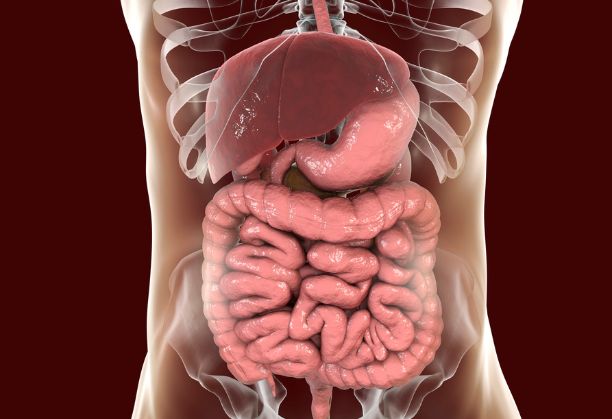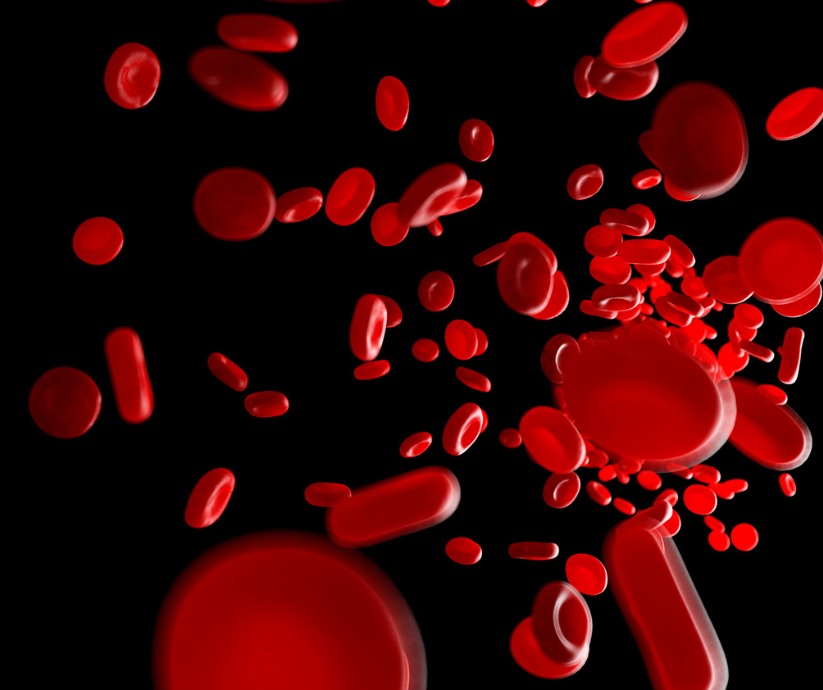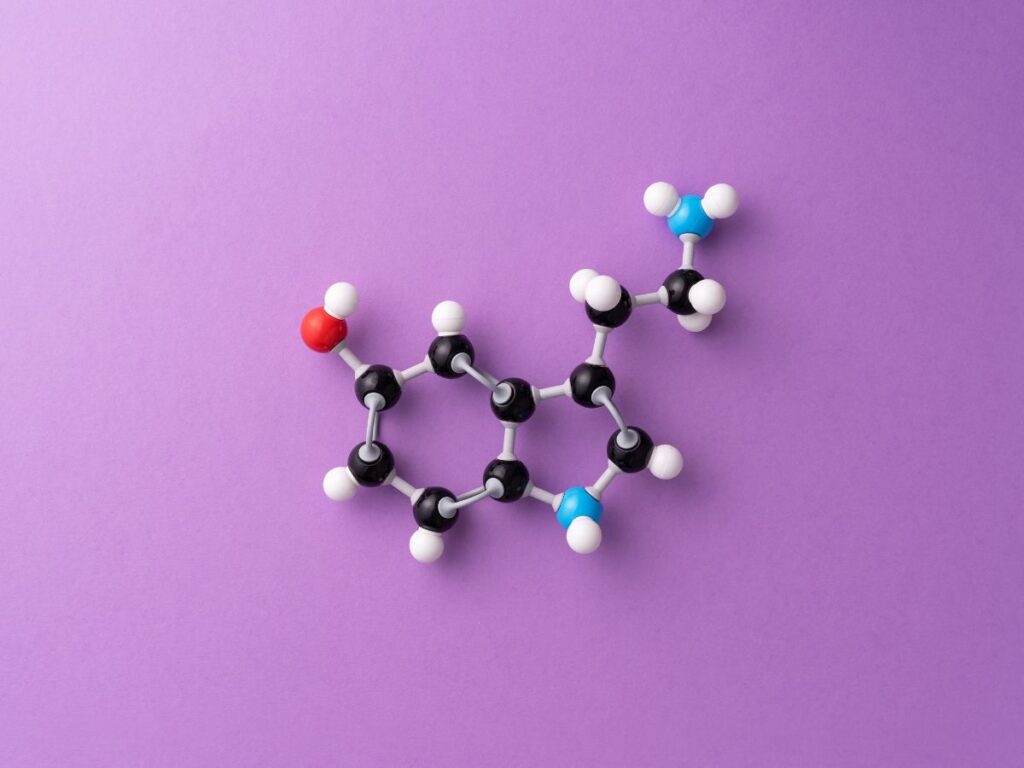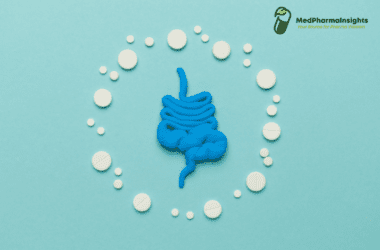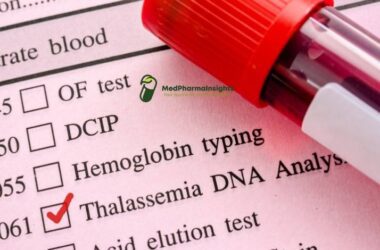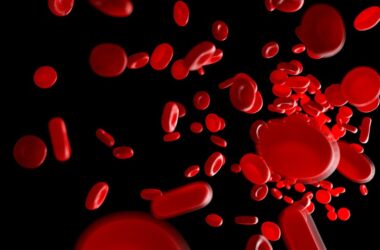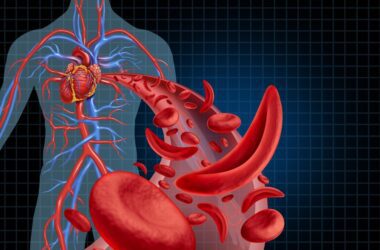Vitamin B12 deficiency anemia is a condition that arises when the body lacks an adequate supply of vitamin B12, a crucial nutrient essential for the production of red blood cells. This deficiency can lead to anemia, a condition characterized by a reduced number of red blood cells, affecting their ability to carry oxygen efficiently. In this blog, we will delve into the symptoms, causes, diagnosis, and treatment of Vitamin B12 deficiency anemia.
Epidemiology of Vitamin B12 Deficiency Anemia:
Vitamin B12 deficiency is a global health concern, with varying prevalence rates across different populations and regions. Several factors contribute to the epidemiology of Vitamin B12 deficiency anemia:
-
- Age: Elderly individuals are more susceptible to B12 deficiency due to decreased production of stomach acid and intrinsic factor, essential for B12 absorption.
-
- Dietary Patterns: Vegetarians and vegans, who avoid or limit animal products, are at a higher risk of B12 deficiency as the vitamin is predominantly found in these foods.
-
- Gastrointestinal Disorders: Conditions such as celiac disease, Crohn’s disease, and atrophic gastritis can interfere with B12 absorption, contributing to a higher prevalence of deficiency among individuals with these disorders.
-
- Pernicious Anemia: Pernicious anemia, an autoimmune condition affecting intrinsic factor production, is more common in individuals of Northern European descent and tends to manifest between the ages of 40 and 70.
-
- Geographical Variation: Regions with limited access to animal products or populations with specific dietary practices may exhibit higher rates of B12 deficiency.
Pathophysiology
Vitamin B12 is mostly absorbed by an active mechanism. B12 is primarily absorbed in the small intestine, where it one molecule of vitamin B12 binds to one molecule of intrinsic factor, a glycoprotein secreted by the gastric parietal cells. This B12-intrinsic factor complex is then absorbed in the terminal ileum. The intrinsic factor keeps microbes from breaking down vitamin B12. The distal ileum contains particular receptors for the intrinsic factor-vitamin B12 complex. After entering the ileal cell, vitamin B12 is carried by transport proteins in the blood. Intrinsic factor do not enter the blood.
Symptoms
Fatigue and Weakness: Individuals with B12 deficiency often experience persistent fatigue and weakness due to the reduced oxygen-carrying capacity of the blood.
Pale or Jaundiced Skin: Anemia can cause paleness of the skin, and in severe cases, it may lead to jaundice, where the skin and eyes take on a yellowish tint.
Shortness of Breath and Dizziness: Insufficient oxygen supply to the body can result in shortness of breath and dizziness, especially during physical exertion.
Tingling Sensations and Numbness: Vitamin B12 is vital for the health of the nervous system. Deficiency can lead to tingling sensations, numbness, or even difficulty walking.
Cognitive Impairment: Some individuals may experience memory loss, difficulty concentrating, and other cognitive impairments.
Causes
Dietary Insufficiency: A common cause of B12 deficiency is a lack of the vitamin in the diet, particularly in individuals following a strict vegetarian or vegan diet, as B12 is primarily found in animal products.
Malabsorption Issues: Certain medical conditions, such as pernicious anemia, celiac disease, and atrophic gastritis, can affect the body’s ability to absorb B12 from food.
Gastrointestinal Surgery: Individuals who have undergone gastrointestinal surgery, such as weight loss surgery or surgery to remove parts of the stomach or small intestine, may have reduced B12 absorption.
Inadequate Intrinsic Factor: Pernicious anemia is an autoimmune condition where the immune system attacks the cells in the stomach that produce intrinsic factor, a substance necessary for B12 absorption.
Diagnosis
Blood Tests:
Blood tests, including a complete blood count (CBC) and serum B12 levels, can help diagnose the deficiency and anemia.
Homocysteine and Methylmalonic Acid Levels:
Elevated levels of homocysteine and methylmalonic acid in the blood may indicate a B12 deficiency.
Intrinsic Factor Antibodies:
Testing for antibodies against intrinsic factor can help diagnose pernicious anemia.
Treatment


-
- B12 Supplements: The primary treatment for B12 deficiency anemia involves B12 supplements, which can be administered orally or through injections, depending on the severity of the deficiency.
-
- Dietary Changes: Incorporating B12-rich foods into the diet, such as meat, fish, eggs, and dairy products, is essential for those with dietary-related deficiencies.
-
- Addressing Underlying Conditions: Treating underlying conditions that contribute to malabsorption, such as celiac disease or atrophic gastritis, is crucial for long-term management.
-
- Lifestyle Modifications: Individuals following strict vegetarian or vegan diets may need to consider B12 supplements or fortified foods to ensure adequate intake.
In summary, identifying the signs, causes, diagnosis, and duration of therapy of vitamin B12 deficiency anemia require a thorough awareness of its intricacies. This investigation has shown that vitamin B12 deficiency anemia not only presents serious health hazards but also emphasizes the significance of preserving sufficient levels of this essential component. Individuals can improve their general health and effectively treat Vitamin B12 Deficiency Anemia by identifying the symptoms early and receiving proper medical attention. We may work toward a time where vitamin B12 deficiency anemia does not significantly endanger world health with ongoing research and education. Keep yourself educated, take charge of your health, and guard against vitamin B12 deficiency anemia.


